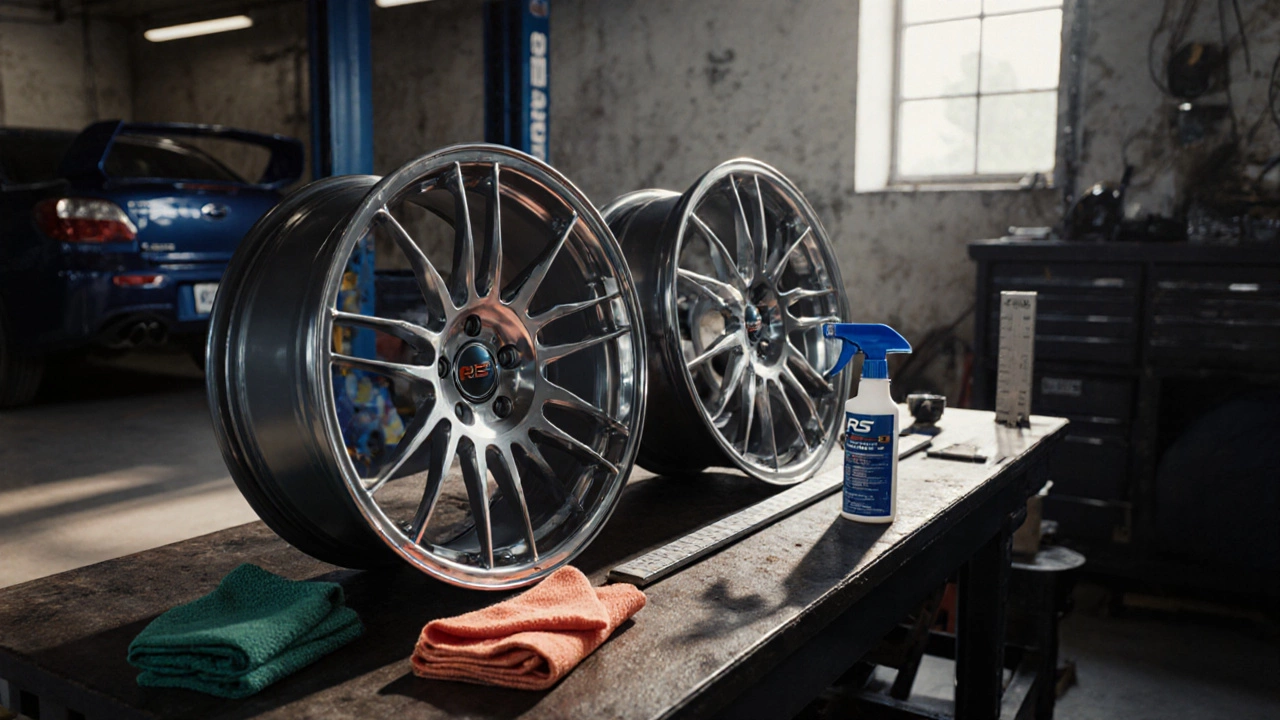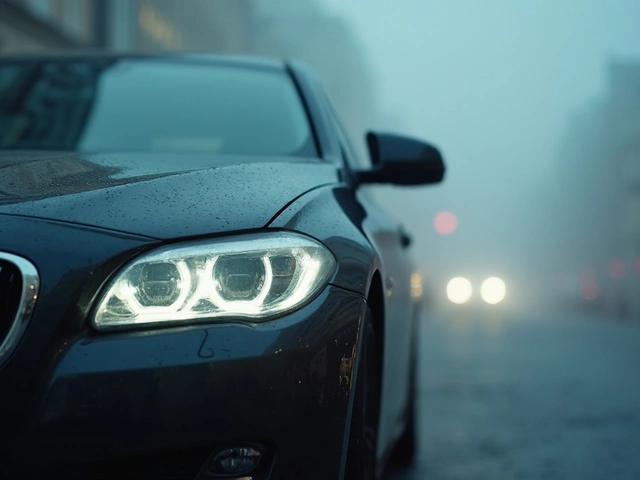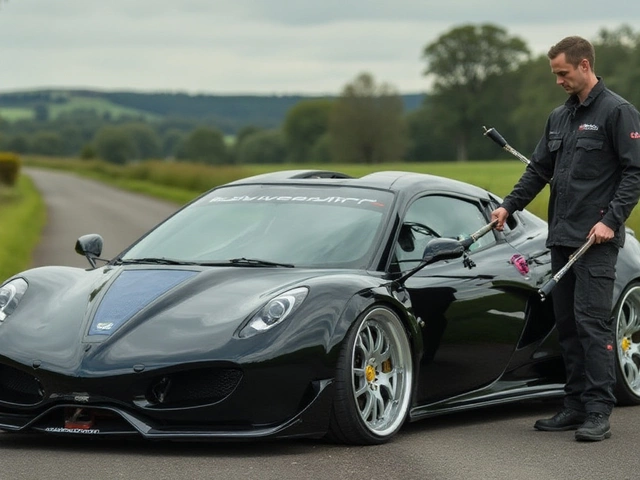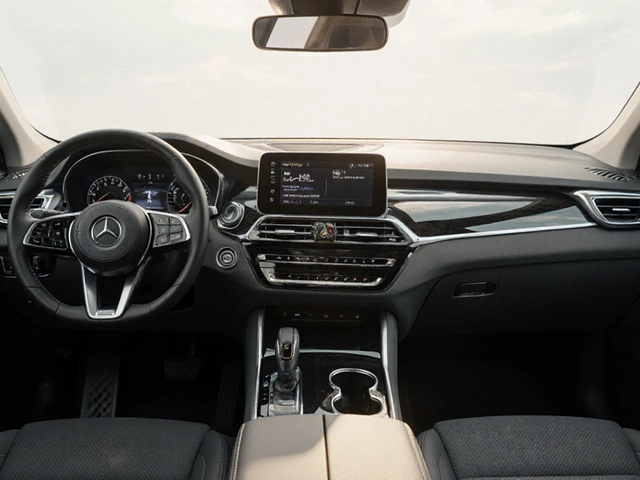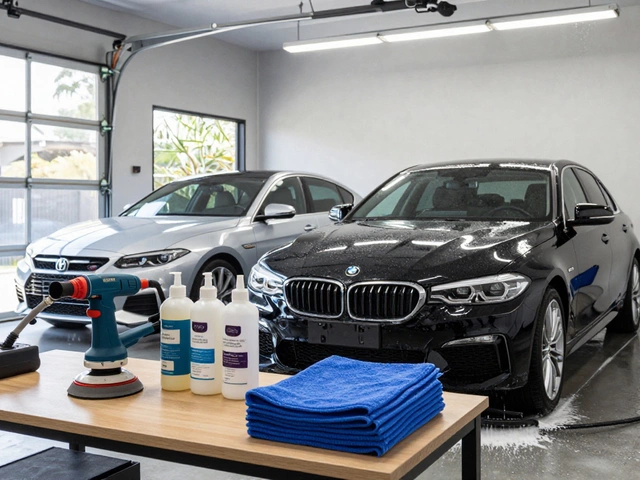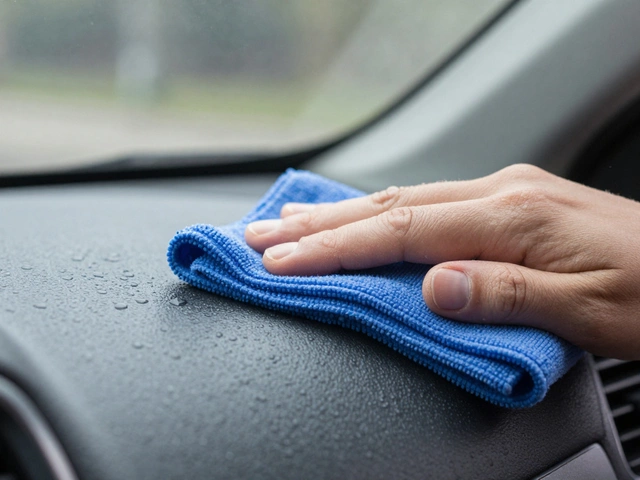Alloy Rim Value Calculator
Input details about your wheels to get an estimated value based on current market data.
Ever looked at your old alloy rims sitting in the garage and wondered, are alloy rims worth anything? You’re not alone. Thousands of car owners in Brisbane and beyond are asking the same question - especially when they’re swapping out wheels for a new set or just cleaning out the shed. The answer isn’t simple. It depends on the brand, condition, size, and whether you’re selling them for scrap or as used parts. But here’s the truth: yes, they can be worth something - sometimes a lot more than you think.
What Makes Alloy Rims Valuable?
Not all alloy wheels are created equal. The value comes down to three things: material, design, and demand. Most alloy rims are made from aluminum mixed with small amounts of magnesium and other metals. That mix makes them lighter than steel wheels, which improves fuel efficiency and handling. But the real money isn’t in the metal alone - it’s in the brand and style.
Brands like BBS, OZ Racing, Volk Racing, and Enkei hold their value because they’re sought after by car enthusiasts. Even if they’re five years old and have a few curb rash marks, collectors and tuners will pay good money for them. A clean set of 18-inch BBS RS wheels from a 2015 Subaru WRX might fetch $600-$900 on eBay or Facebook Marketplace. Same size, same material, but from a generic no-name brand? You’re looking at $100-$200 for the set.
Size matters too. Wheels between 17 and 20 inches are the sweet spot. Smaller wheels (15-16 inches) are common on economy cars and have less demand. Larger ones (22 inches and up) look flashy but are harder to sell because fewer cars fit them, and they’re more prone to damage.
Condition Is Everything
Two wheels with the same brand and size can have wildly different values based on one thing: condition. A set with deep scratches, bent lips, or cracked spokes? That’s scrap metal territory. But if they’re clean, undamaged, and still have their original center caps and lug nuts? You’re in the resale zone.
Here’s what buyers look for:
- No major bends or cracks - even a slight warp can make a wheel unsafe and unsellable
- Minimal curb rash - light scuffs can be polished out, but deep gouges kill value
- Original finish - powder-coated, polished, or painted? Polished and machined finishes are most desirable
- Complete set - four wheels with matching offsets and bolt patterns sell faster
- Center caps and lug nuts included - people hate hunting for missing parts
I’ve seen people sell a set of 19-inch Apex EC-7 wheels with light curb rash for $850 because they were still in great shape. Another person tried to sell the same model with deep scratches and lost $500 in value. It’s not just about the metal - it’s about the presentation.
Scrap Value vs. Resale Value
If your rims are beyond repair, don’t just toss them. Take them to a scrap metal yard. But don’t expect a fortune. In Australia, as of late 2025, aluminum scrap runs around $1.20-$1.80 per kilogram. A typical 18-inch alloy wheel weighs about 9-11 kg. So one wheel = $11-$20. Four wheels? Maybe $50-$70 before transport costs.
Compare that to selling them as used parts. Even damaged wheels can be sold to repair shops that specialize in refurbishing. A shop might pay $30-$60 per wheel for ones with minor damage, because they’ll straighten, repaint, and resell them. That’s 3-5 times more than scrap.
And here’s a pro tip: some tire shops and wheel specialists buy used alloys outright. Places like Wheel Works in Brisbane or Alloy Wheel Solutions in Sydney pay cash on the spot for clean, common sizes. You walk in with four decent rims, leave with $300-$600 in your pocket. No listing, no waiting, no hassle.
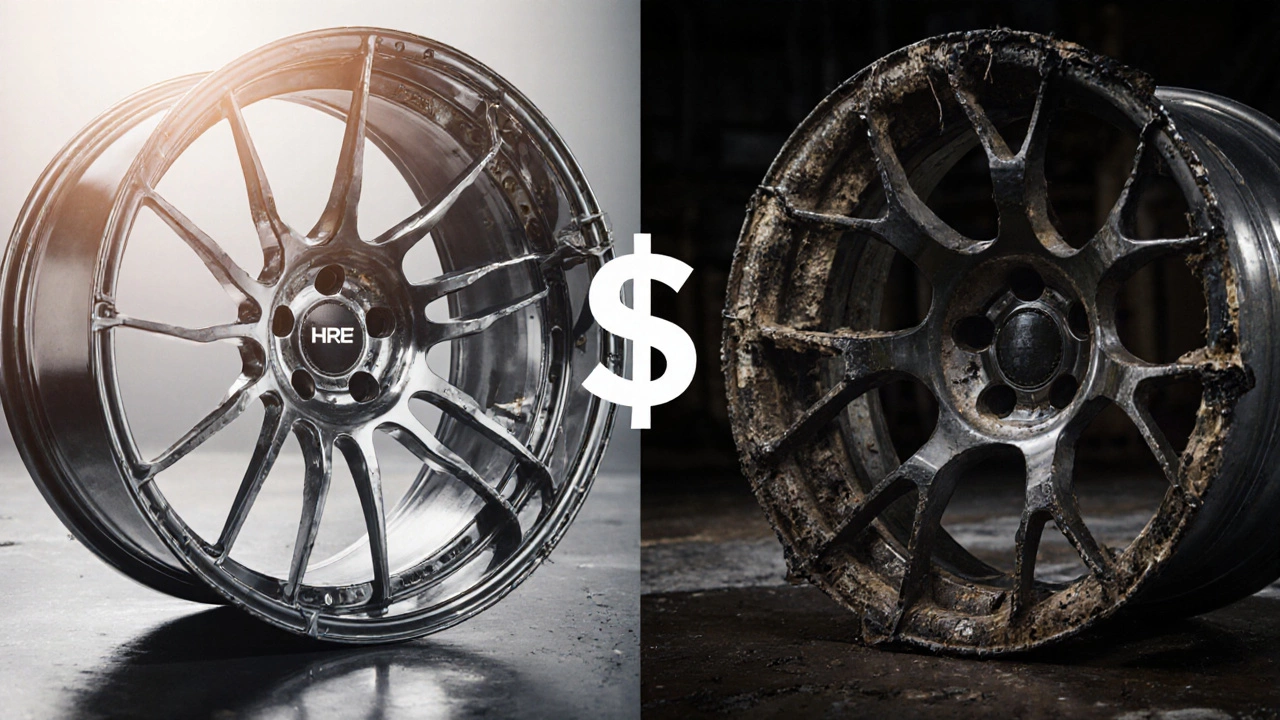
What Rims Are Worth the Most?
Some alloys are like collector’s items. These are the ones you should never just scrap:
- Factory OEM performance wheels - Think Ford Mustang GT’s 19-inch wheels, BMW M3’s multi-spoke designs, or Toyota GR Supra’s forged rims. These hold value because they’re rare and fit popular cars.
- Forged alloys - Made under high pressure, they’re lighter and stronger. Brands like HRE, BBS, and Rays are prized. A set of 18-inch forged wheels can sell for $1,200+ if clean.
- Limited edition or discontinued designs - If your wheels came with a special edition model (like the Nissan GT-R Nismo or Subaru STI S209), they’re gold to collectors.
- Low-mileage aftermarket wheels - Even if they’re not OEM, if they’re from a respected brand and barely used, they’re in demand. People buy them to upgrade their daily drivers without breaking the bank.
On the flip side, cheap stamped-alloy wheels from budget sedans - think Hyundai Elantra or Kia Cerato - are nearly worthless. They’re common, heavy, and not worth the effort to resell. Scrap them or give them away.
Where to Sell Alloy Rims
Where you sell makes a big difference in what you get. Here’s the real breakdown:
- Facebook Marketplace - Best for local sales. Post clear photos, mention the car model they fit, and include weight and offset. People in Brisbane often buy used wheels to save money on repairs or upgrades. You’ll get better prices than online marketplaces.
- eBay - Good for rare or high-end wheels. But factor in shipping. A set of 20-inch wheels can cost $80-$120 to ship interstate. That eats into your profit.
- Specialist wheel buyers - Companies like WheelBuyer.com.au or local alloy recyclers in Brisbane pay cash within 24 hours. They’ll come to you. No photos, no waiting. Great if you want fast cash.
- Local tire shops - Many offer trade-in deals. Bring in your old set when buying new ones. You might get $100-$300 off your new purchase.
- Scrap yards - Last resort. Only go here if the wheels are bent, cracked, or missing parts. You’ll get pennies, but at least it’s better than landfill.
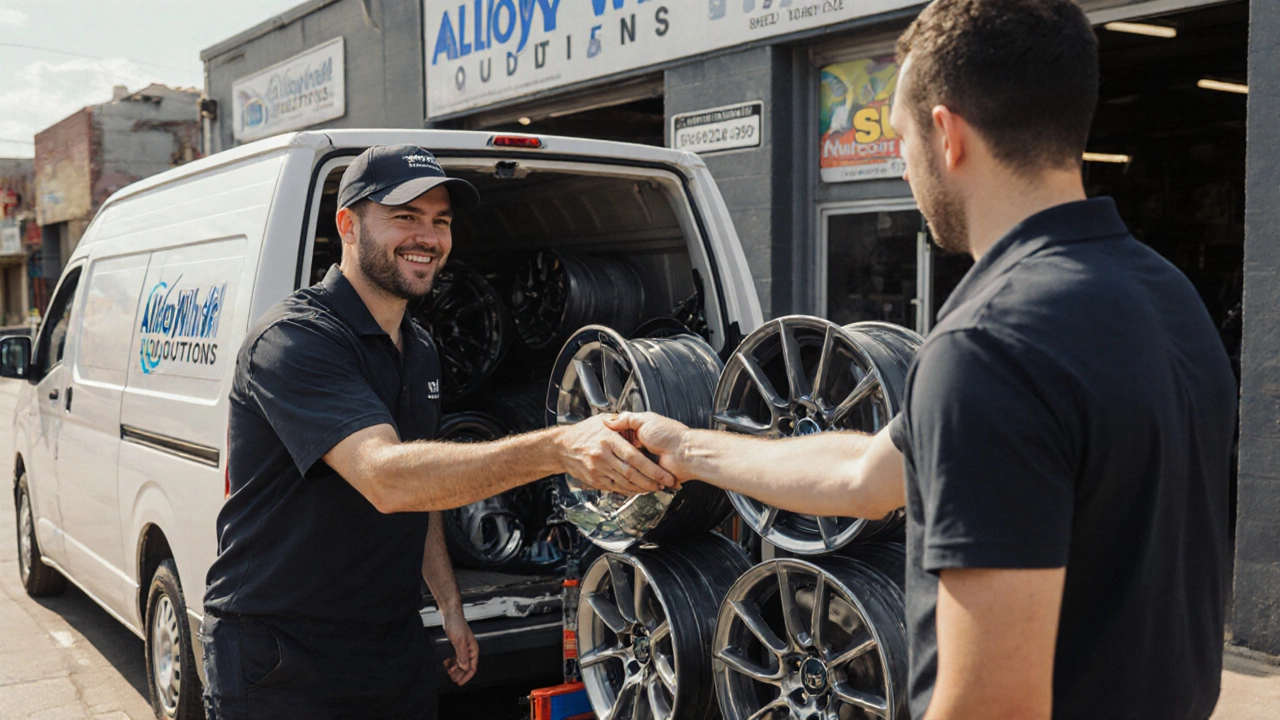
How to Get the Best Price
Want to walk away with the most cash? Here’s how:
- Clean them first - Wash off brake dust, grease, and dirt. Use a mild wheel cleaner. A clean wheel looks like it’s been cared for.
- Take good photos - Shoot in daylight, from all angles. Show the front, back, and side. Include a ruler or coin for scale.
- Know your specs - Write down the size (e.g., 18x8.5), offset (ET35), bolt pattern (5x114.3), and center bore. Buyers ask for this. If you don’t know, look it up on WheelSize.com.
- Price competitively - Check what similar wheels are selling for on Facebook Marketplace. Don’t overprice. Underprice slightly to attract quick offers.
- Bundle them - Sell all four together. Selling one or two wheels drags down the value. A full set is always worth more.
When to Just Scrap Them
Not every set is worth saving. If your rims have:
- Deep cracks or fractures
- Bent or warped rims that can’t be straightened
- Missing center caps and lug nuts (and you can’t replace them)
- Severe corrosion or pitting
- Wrong bolt pattern or offset for any modern car
Then scrap them. Don’t waste time trying to sell them. The effort won’t pay off. Take them to a scrap metal recycler - they’ll handle it for free, and you’ll help the environment.
Final Verdict: Are Alloy Rims Worth Anything?
Yes - but only if they’re in decent shape and from a recognizable brand. A clean set of 18-inch OEM or aftermarket alloys can easily net you $300-$800. A damaged set? Maybe $50 in scrap. A rare forged set? Could be over $1,200.
The key is knowing what you have and where to sell it. Don’t assume they’re trash. Don’t assume they’re gold. Do the legwork: clean them, check the brand, compare prices, and pick the right buyer. You’ll be surprised how much value is sitting in your garage.
How much are scrap alloy rims worth per kilogram in Australia?
As of late 2025, scrap aluminum alloy wheels in Australia fetch between $1.20 and $1.80 per kilogram. A typical 18-inch wheel weighs 9-11 kg, so you’d get roughly $11-$20 per wheel at a scrap yard. That’s only if they’re damaged beyond repair - selling them as used parts usually pays far more.
Can I sell just one alloy rim, or do I need a full set?
You can sell one, but you’ll get far less. Buyers want full sets because they’re replacing damaged wheels on cars. Selling a single rim might get you $30-$70, while a complete set of four in good condition can sell for $300-$800. Always try to sell all four together - it’s faster and more profitable.
Do alloy rims have a VIN or serial number?
No, alloy rims don’t have VINs. But many do have manufacturer codes stamped on the back - like ‘BBS 18x8.5 ET35’ or ‘OZ Ultraleggera’. These help buyers verify the brand, size, and offset. Keep them clean and visible when selling. If you can’t find the code, use WheelSize.com to look up your wheel specs by car model.
Are forged alloy wheels worth more than cast ones?
Yes, significantly. Forged wheels are made under extreme pressure, making them lighter, stronger, and more durable. Brands like HRE, BBS, and Rays use forging, and collectors pay a premium. A clean set of forged 19-inch wheels can sell for $1,000-$2,000, while a similar cast wheel might only go for $300-$600. If you have forged rims, don’t scrap them - find a specialist buyer.
What’s the best way to clean alloy rims before selling?
Use a pH-neutral wheel cleaner and a soft brush. Avoid acid-based cleaners - they can damage the finish. Rinse thoroughly, then dry with a microfiber towel. For curb rash, use a fine-grade polishing compound and a dual-action polisher if you have one. Don’t try to refinish them yourself unless you’re experienced - poor paint jobs lower value. A clean, original finish sells best.
Can I sell alloy rims that came with a stolen car?
No. Selling wheels from a stolen vehicle is illegal and risky. Many alloy wheels have manufacturer markings that can be traced, and police regularly check for stolen parts. If you bought used wheels and aren’t sure of their history, avoid reselling them. Stick to wheels you know you legally own - it’s not worth the legal trouble.

